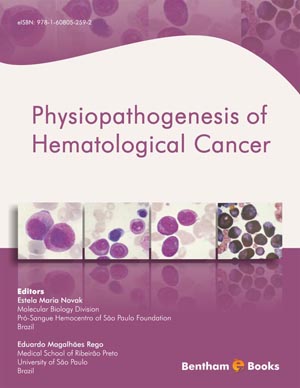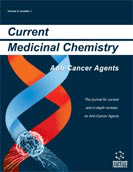Abstract
The term lymphoma encompasses both Hodgkin and non-Hodgkin lymphoma and comprises several lymphoproliferative malignant diseases with remarkable biological and clinical heterogeneity. Hodgkin lymphoma is recognized by the presence of Reed-Sternberg cells in involved tissues and almost all cases are originated from B-cells. Non-Hodgkin lymphomas are also predominantly derived from B-cells, and only 12% of the cases have a T-cell or NK-cell origin. Non-Hodgkin lymphomas do not present any characteristic cell type and the great majority of the cells in the tumor are clonally derived from a transformed precursor. In this chapter, the biology, cellular origin and molecular pathogenesis of lymphomas are discussed, focusing on the most common subtypes of B-cell non- Hodgkin lymphomas. Selected topics of the epidemiology, clinical presentation and diagnosis of lymphomas are also introduced, and an overview of the main issues related to pretreatment evaluation, staging and treatment of lymphomas is provided.
Keywords: Lymphoid tissues, B-cell lymphomas, immunoglobulin genes, Mantle cell lymphoma, 9p21 deletion, Indolent lymphomas, Aggressive lymphomas, Diagnosis of Hodgkin lymphoma, Staging and Pretreatment of Lymphomas, Evaluation of Lymphomas, Treatment and Prognosis of Lymphomas.






















